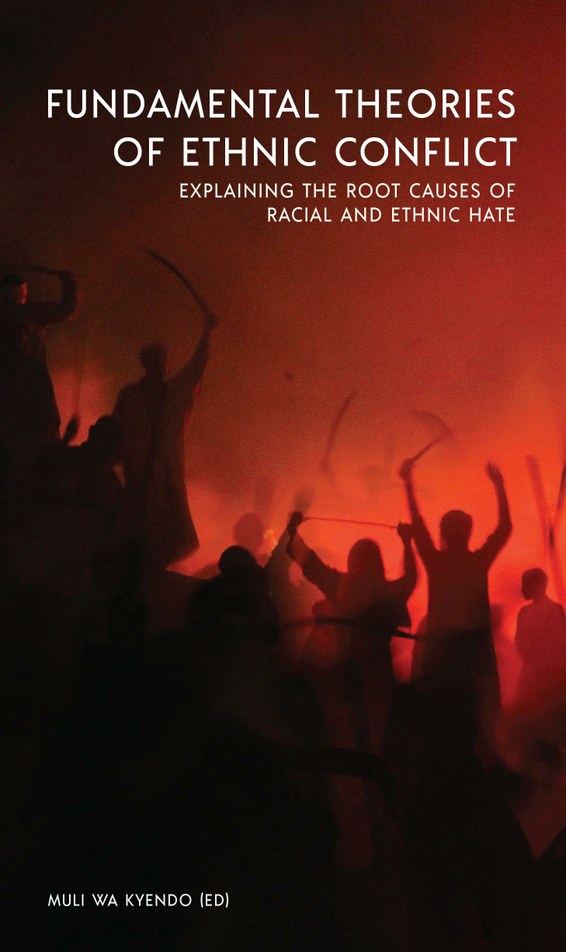|
A fiction writer faces many choices, many made by instinct. Still, writers need to review some of these and ask – “Where and How am I?”
How are the characters treated in the story? This is a basic thought, and one which can easily separate a writer from the readers.
Are the characters compelling enough to have the reader care for them?
As writer, do you allow them to attain their personal goals?
In terms of story, what do you do about evil characters who come into conflict with your protagonist? Are they killed or otherwise ruined as a result of the conflict? Or, being more concerned about your story’s moral purpose, do you show how they have grown through the battle.
What about the backstory of each character? Is your fiction able to show that evil characters are good people gone bad? Is their behavior an outgrowth of an unfortunate past? Perhaps their upbringing was at the hands of cruel parents and they were deprived of opportunities available to other children. Or perhaps, through unexpected developments in their lives, they have encountered grave misfortunes and now react by hurting others, including your protagonist?
Think, too, of the what to do with a character after the conflict with your protagonist is resolved. Standard issue fiction says to simply press on and forget that character. However, in the interest of a more compassionate approach, is it possible to bring them to an improved life situation, or otherwise interweave them into the outcomes of your story?
These are tough choices, and the expedient solution (and the one which might have greatest market appeal) may well be to simply kill or otherwise dump the offending character. However, when thinking of fiction as a tool for peace and harmony, perhaps a more compassionate would be best.
 Fundamental Theories of Ethnic Conflict, by Muli wa Kyendo (ed.)
Fundamental Theories of Ethnic Conflict, by Muli wa Kyendo (ed.)
Description
This book develops and expands on theories that aim at explaining the root causes of ethnic and racial conflicts. The aim is to shift focus from research, policies and strategies based on tackling the effects of ethnic and racial conflicts, which have so far been ineffective as evidenced by the increase in ethnic conflicts, to more fundamental ideas, models and strategies. Contents extend across many disciplines including evolution, biology, religion, communication, mythology and even introspective perspectives.around the world.
Drawn from around the world, contributors to the book are respected and experienced award winning authors, scholars and thinkers with deep understanding of their special fields of contribution. The book was inspired by the conditions in Kenya, where ethnic violence flared up with terrifying consequences following a disputed election in 2008. Although the conflict was resolved by the intervention of the international community, Kenyans – like many other Africans - continue to live in fear of ethnic conflicts breaking out with more disastrous consequences. The book will be useful to policy makers, NGOs and others involved in promoting peace. It will also be useful in guiding research and as a text book in universities and colleges.
Handbook of Research on Examining Global Peacemaking in the Digital Age, Bruce L. Cook (ed.)
Description
Violent behavior has become deeply integrated into modern society and it is an unavoidable aspect of human nature. Examining peacemaking strategies through a critical and academic perspective can assist in resolving violence in societies around the world.
The Handbook of Research on Examining Global Peacemaking in the Digital Age is a pivotal reference source for the latest research findings on the utilization of peacemaking in media, leadership, and religion. Featuring extensive coverage on relevant areas such as human rights, spirituality, and the Summer of Peace, this publication is an ideal resource for policymakers, universities and colleges, graduate-level students, and organizations seeking current research on the application of conflict resolution and international negotiation.
Visit our sister web sites..
http://www.author-me.com/
http://www.authormepro.com
http://www.reservebooks.com/
http://www.strategiesforpeace.org/
http://www.sudanlit.com/
http://www.cookcom.net/
http://www.innisfreepoetry.org
We have developed a world peace website: www.wwpo.org
Publishing New Writers,
March, 2020 (vol. 21, no. 3)
Publisher:
Dr. Bruce L. Cook
1407 Getzelman Drive
Elgin, IL 60123
Submissions/comments cookcomm@gmail.com. Links are welcome. To subscribe and/or review our archive of past newsletters, go to
http://www.author-me.com/newslist.htm